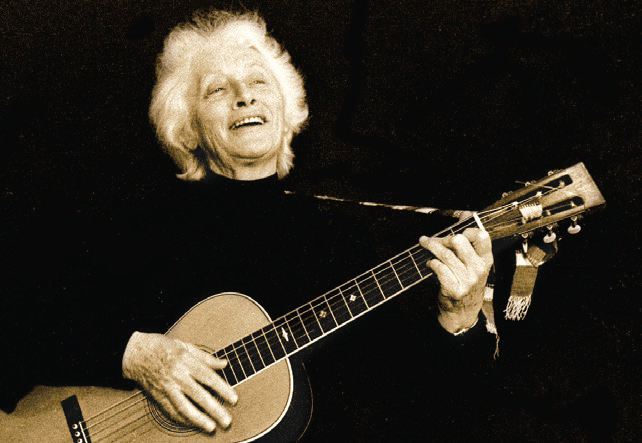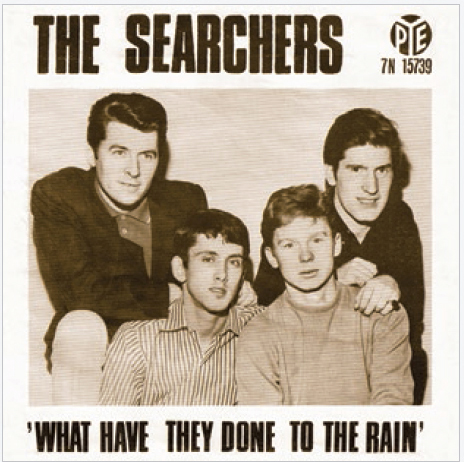Echoes of 'Little Boxes' - Page 4
Rebel with a Cause
 |
|
|
As a songwriter, political organizer, matriarch of the woman's movement, and arguably one of the most influential voices in our culture, Malvina Reynolds (1900-1978) delivered unique and powerful messages during her 77 years in the Bay Area through the muscle and medium of the written word.
Malvina was born in San Francisco to Jewish socialist immigrant parents who ran a tailor shop and filled their home with a constant stream of political discussion.
Although Malvina was denied her high school diploma, her teachers were fans and helped her gain admission to UC Berkeley, where she earned both a Bachelor's and Master's degree.
Throughout the Depression, Jews, women—and certainly English majors—were having difficulty landing good jobs. Unsuccessful at finding a college teaching position, Malvina married William 'Bud' Reynolds, a carpenter and labor organizer. In 1935, they had a daughter, who incidentally would go on, like her mother, to be a singer-songwriter.
 |
By the time the protest movements of the 1960s arrived, Malvina had honed her skill and felt ready to probe the day's issues in song, which included civil rights, the rights of workers to organize, and opposition to the Vietnam War. Malvina and her husband, both blacklisted as Communist sympathizers in the '50s, worked together on progressive political campaigns, and she performed at folk music events.
By then, Malvina had also developed a large catalog of songs and began adding children's compositions to her repertoire. Her first songbook was called Song in My Pocket, published in 1954 by the California Labor School, a left-wing group in San Francisco.
In the decade that followed, after becoming involved in the peace movement, Malvina wrote 'What Have They Done to the Rain,' a song, wrapped in a beautiful melody, recorded by Joan Baez in 1962 and covered by the Searchers, Marianne Faithfull, and Melanie over the decade that followed.
However, the song's lyrics were downright serious—about aboveground nuclear testing and how people were becoming extremely ill from the fallout of strontium-90. With worries about environmental issues, including pollutants, continuing today, this song holds as much relevance now as it did in the early 1960s.
 |
At the onset of the 1970s, Malvina made several guest appearances on the revolutionary children's program 'Sesame Street,' contributing songs and material, and, at age 73, joining the cast in its fourth season.
'Little Boxes' was recorded by a slew of well-known artists over the years. Although Malvina Reynolds wasn't a household name, the social relevance of her lyrics wasn't lost on other performers anxious to record her songs and spread such topical messages.
A 'Little Boxes' revival was jumpstarted in 2005 when it became the theme song for the Showtime TV series 'Weeds.'
With that exposure, Pete Seeger's 1963 version of this seemingly simple folk ditty was suddenly reborn, spawning subsequent renditions by a number of contemporary artists, including Steve Martin, Elvis Costello, Donovan, and Engelbert Humperdinck.
 |
Fifty years after Malvina wrote the biting folk-bluesy song 'No Hole in My Head,' Tom 'It's Not Unusual' Jones growled through his 2021 version, which radiates a compelling and timeless message about the media and the music industry's power and influence. Maintain confidence in who you are, no matter your age, Malvina cautions—and don't allow outside influences determine what you think of the world and, more importantly, yourself.
While many might debate the true intent behind her song 'Little Boxes,' Malvina Reynolds has always managed to keep us wondering. Her catchy, childlike melodies and simple lyrics set the stage for complex, thought-provoking messages that, even to this day, resonate in the hearts and minds of those who struggle for change.
- « first
- ‹ previous
- 1
- 2
- 3
- 4




